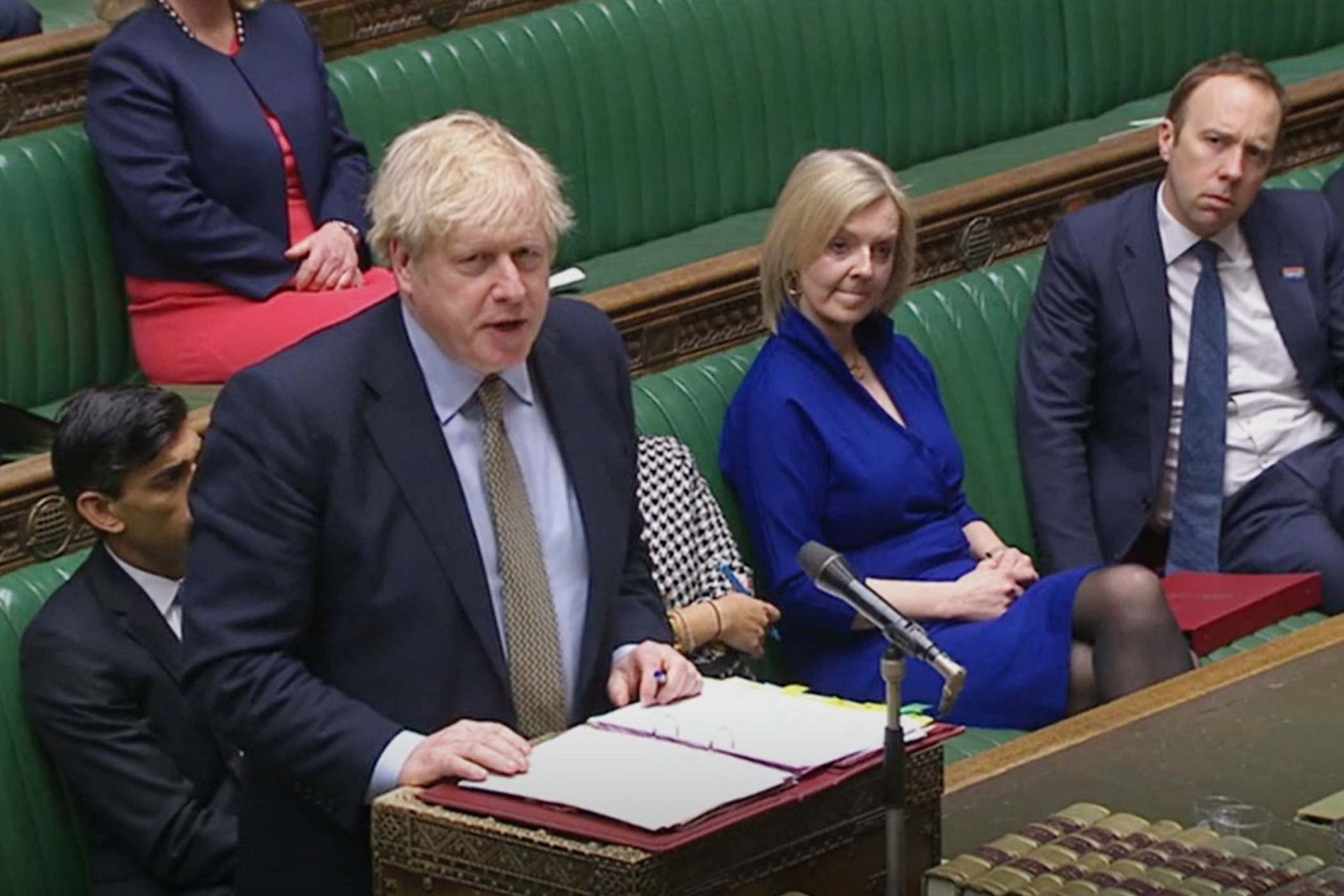Could coronavirus push back the UK-EU trade deal deadline?
The PM may come under pressure to soften Brexit to help companies recover, writes Andrew Grice


In public, Boris Johnson is sticking to his 31 December deadline for leaving the EU single market and customs union. In private, officials in both London and Brussels believe coronavirus means a delay is inevitable.
The prime minister told his daily press conference last Wednesday: “There is legislation in place that I have no intention of changing.” (Of course, intentions, and legislation, can change.)
The UK and EU did exchange draft legal texts for a trade agreement last week, but a second round of talks involving 200 officials did not take place as planned. There will soon be some contact by video-conferencing. But with officials switched from other work to tackling coronavirus, the claim by UK ministers that the government can juggle two balls at once looks like a holding line.
Mr Johnson might prefer to put off a decision on whether to request an extension of one or two years allowed by the withdrawal agreement struck last year. But he will need to make his mind up by June. The most likely course is a “flextension” of up to one year, under which the transition would end as soon as a deal was done. That could be sold to the public and Brexiteer politicians as a short, technical delay for a few months to conclude a trade deal. He might find voters and Conservative Eurosceptics are less worried about the prospect than he has imagined.
His other option would be to plough on and leave the single market and customs union without a trade agreement, operating with World Trade Organisation (WTO) tariffs from 1 January. That would win cheers from some Brexiteers. But it would hammer UK business with another economic shock while it was suffering from the impact of coronavirus. It would be seen as a reckless, ideological act, at a time when pragmatism would still be the order of the day.
Mr Johnson might come under pressure to soften his hard Brexit to help UK companies recover from coronavirus and learn lessons from the outbreak. One Whitehall source said: “It would be sensible to recognise we are in a new era, and take stock. We should look at the implications of relying on supply chains from China, and whether stronger links closer to home would be better for the economy.”
Some Remainers even dream of reopening the debate about leaving the EU. Anthony Seldon, the historian and vice-chancellor of Buckingham University, said that if coronavirus had a profound impact on the economy, the government could well come under pressure to ask: “Do we really want to have more trade barriers with Europe or do in we in fact want to keep in the EU?” He told BBC Radio 4: “If there is a really long and sustained negative economic impact, there could be pressure for a new referendum.”
That ship has surely sailed; the UK left the EU in January. But coronavirus could yet influence the precise form that Brexit takes.
Join our commenting forum
Join thought-provoking conversations, follow other Independent readers and see their replies
Comments